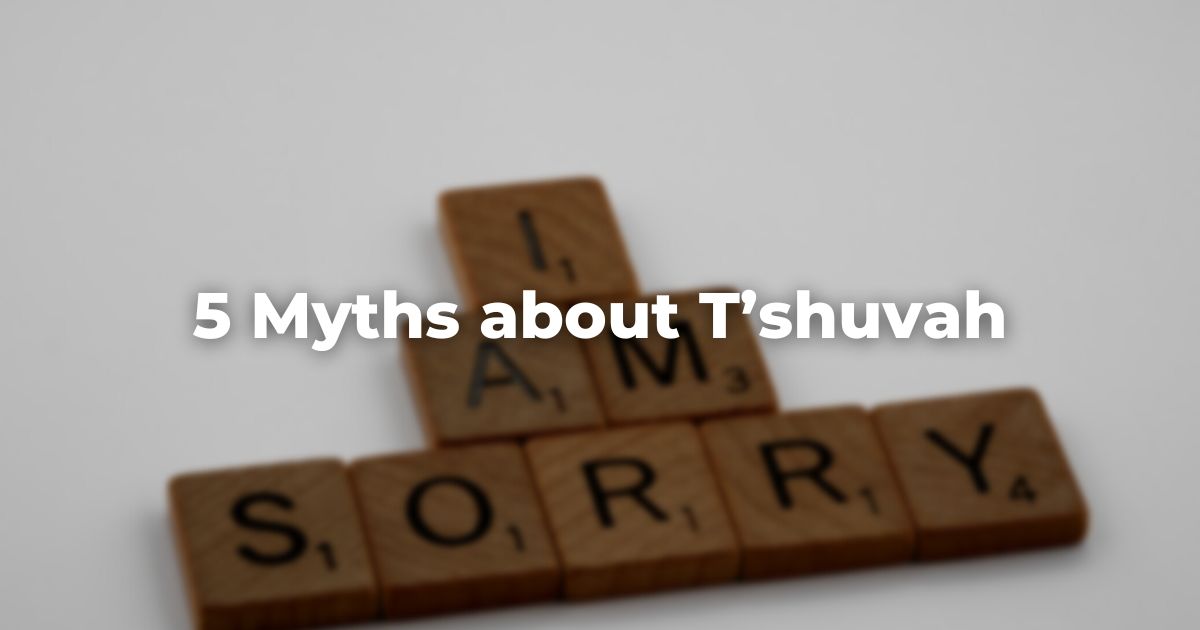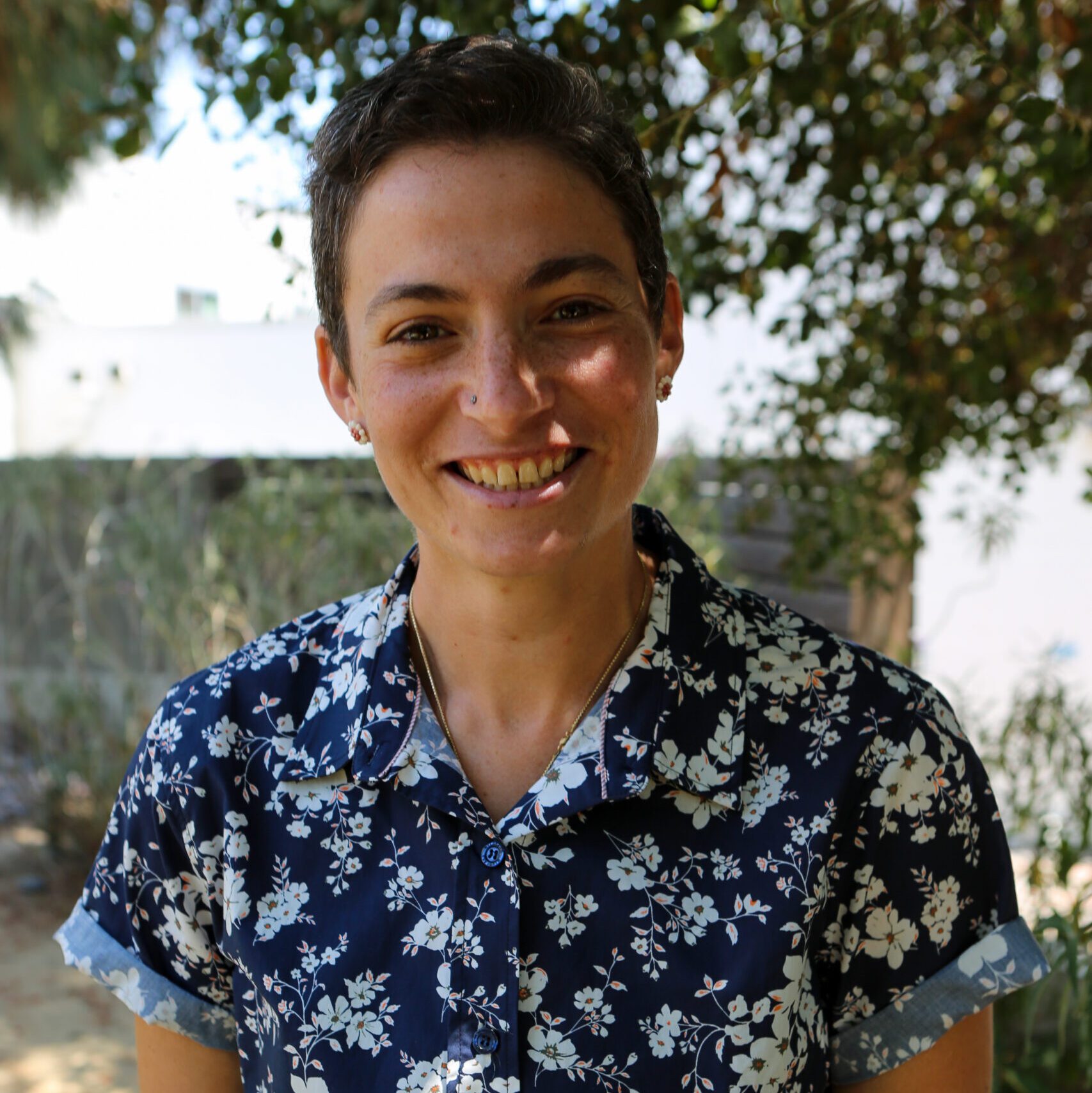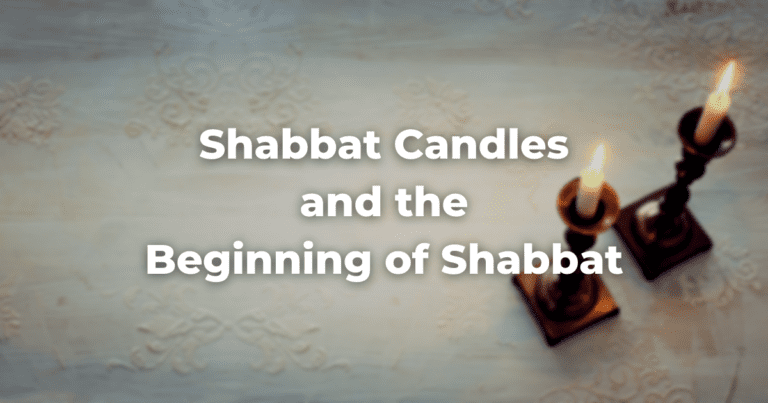T’shuvah is saying “I’m sorry.”
T’shuvah is more than an apology. It’s drawing near: to oneself, to someone else, and to the Divine.
T’shuvah can include an apology. But words alone do not make t’shuvah.
How do you know? If someone does something that hurts you and they say “sorry” but don’t change their actions, it’s likely that you don’t feel any closer to that person. Likewise, if you do something self-destructive and then do it again and again, it’s likely you don’t feel any better about yourself.
That’s because you haven’t done the last and arguably the most important piece of t’shuvah: changing your behavior. T’shuvah requires responsible action.
When making t’shuvah, ask yourself: how can I change my actions to do better next time?
T’shuvah is about “fixing” my mistakes.
T’shuvah requires action, as described in the answer above. But it doesn’t start there. T’shuvah starts with honesty. Why?
If I’m not honest with myself about my part in what happened, I can’t know what the next right actions are. Without honesty, I may take action, but that action will be unskillful and may do more harm than good.
For example, if I haven’t been a part of my kid’s life in the way they want me to because of work, I might want to show them that I love them by buying them things: stuffed animals, clothes, games, etc.
But if before I buy them things, I am honest about my part in not spending time with them, I may discover something that things cannot repair: maybe I don’t know how to relate to them at this age, or maybe I play on my phone when we’re in the same room together, or maybe I don’t give them my full attention when they do try to talk to me.
If I am honest about my part in the distance between me and my kiddo, I will realize that buying things won’t bring us closer together. But with honesty, I can google “games to play with a three year old,” or put down my phone, or give them my full attention when they’re trying to talk to me.
This kind of honesty can be intimidating and overwhelming. No wonder we’d like to skip over it and get straight to the action steps! I highly recommend a close friend, holy community, or mental or spiritual health professional to help you get honest with yourself.
T’shuvah is something we do only during the High Holy Days.
T’shuvah is such a helpful tool during the High Holy Days. It gives us a way to look at our past actions and ask: Where did I hit the mark this year? Where did I miss the mark? And to make a plan for the coming year.
It sounds so simple! But if you’ve tried it, you know it’s not.
The emotional experience of examining a whole year of past actions can be overwhelming and confusing: How are we supposed to look at this long stretch of time and figure out what really matters and how we did well and could have done better with each and every person in our lives and also with ourselves and also with God?? How?!
T’shuvah is not intended to be a once-per-year experience. Like anything, it requires practice to become skillful. In Pirkei Avot, Rabbi Eliezer teaches: “Do t’shuvah the day before your death” (2:10). Of course, because we don’t know when we will die, the teaching suggests we practice t’shuvah every day. How did I hit the mark today? How did I miss the mark? What can I do better tomorrow?
If I practice these questions every day, then when the High Holy Days come, I already know where to put my energy so that I can stand before God on Yom Kippur and be ready for a renewed year.
And if you haven’t tried daily t’shuvah yet, the High Holy Days are an ideal time to adopt t’shuvah not only for the holidays, but as a way of life.
Someone else has to do t’shuvah before I can let go of what they did to me.
If someone I care about hurts me, it can feel like they have to do t’shuvah with me so that I can let go of any resentment I might be carrying. And yes, if they do t’shuvah it might help me feel better about what happened.
But as you and I both know, none of us can control another person’s actions, even the great rabbis of the TalmudReferring to one of two collections, the Jerusalem and Babylonian Talmuds, edited in the 6th century, that contains hundreds of years of commentary, discussion, and exploration of the ideas in the Mishnah. One could describe it as Mishnah + Gemara = Talmud Read more. When Rav tries to force a local butcher to do t’shuvah, his plan backfires so destructively that someone ends up dead. Forcing someone else to do t’shuvah when their heart and mind are not open to it usually backfires.
So now what? When someone isn’t ready to do t’shuvah, what do we do? Rather than expecting someone else to do t’shuvah with you so you can move on, you can make t’shuvah with yourself: How is holding onto this resentment harming me and possibly the people around me? How can this resentment teach me to care for myself?
When I learn to care for myself, I do t’shuvah with myself. When I do t’shuvah with myself, I learn to care for myself.
T’shuvah is something I have to plan.
Sometimes, an opportunity to do t’shuvah with yourself or someone else can be planned. And sometimes, it shows up without any planning at all. I mentioned above that Rav goes to see the butcher to exact t’shuvah from him and that his plan fails powerfully.
The butcher becomes so enraged by Rav’s presence that the blade slides off his knife and kills him (the Talmud is ambiguous about who is killed, but most commentators understand that the butcher’s knife slices the butcher’s throat).
Clearly, the butcher wasn’t ready to make t’shuvah and Rav unskillfully tried to force him to do so. But what if the butcher, irritated as he might have been by Rav’s presence, had set down his knife when Rav entered. If he had, he’d still be alive.
There are times when, totally out of the blue, someone will call us on or confront us about our mistakes. For most of us, our first response is defensiveness: oh but you did this and that’s why I did that, or no, I didn’t.
What if, instead, we put down the knife of our defensiveness and say, maybe I did do that and maybe I can do better.
Author
-

Rabbi Kerry Chaplin is a spiritual counselor, ritualist, and teacher, focusing on addiction and recovery, queerness, and parenting. She hosts gatherings for spiritual transformation and maintenance in her Los Angeles backyard.
View all posts






